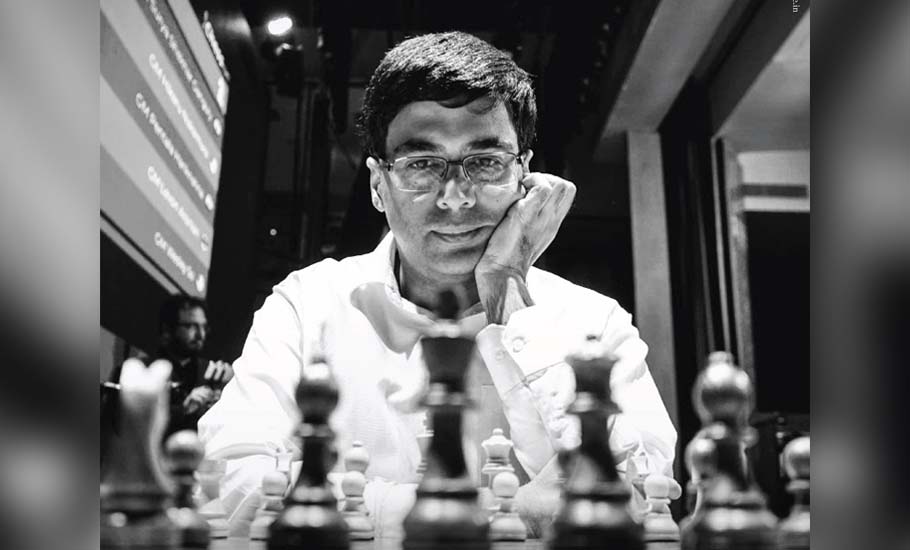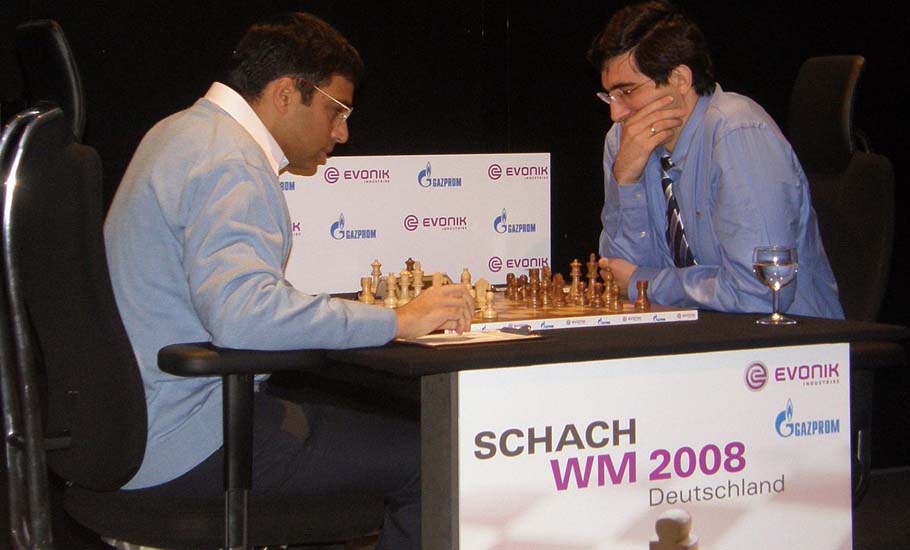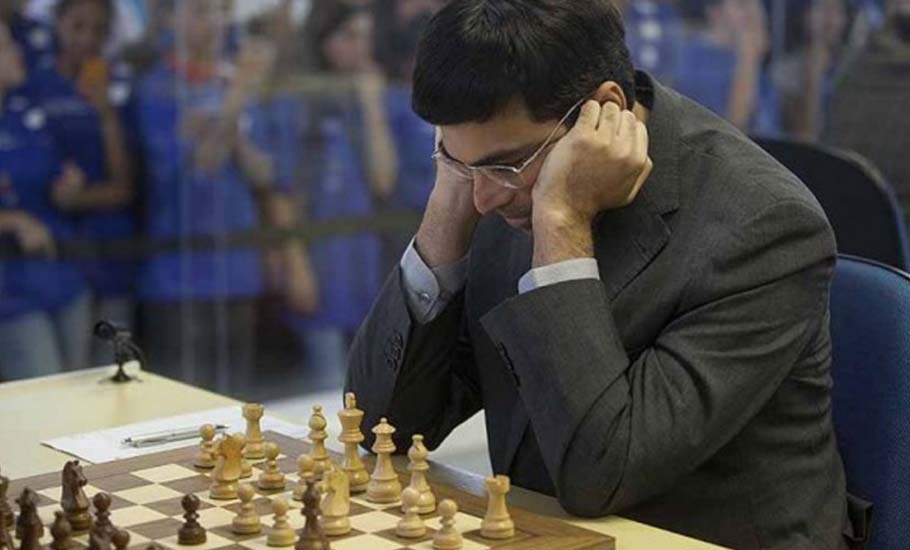
- Home
- India
- World
- Premium
- THE FEDERAL SPECIAL
- Analysis
- States
- Perspective
- Videos
- Sports
- Education
- Entertainment
- Elections
- Features
- Health
- Business
- Series
- In memoriam: Sheikh Mujibur Rahman
- Bishnoi's Men
- NEET TANGLE
- Economy Series
- Earth Day
- Kashmir’s Frozen Turbulence
- India@75
- The legend of Ramjanmabhoomi
- Liberalisation@30
- How to tame a dragon
- Celebrating biodiversity
- Farm Matters
- 50 days of solitude
- Bringing Migrants Home
- Budget 2020
- Jharkhand Votes
- The Federal Investigates
- The Federal Impact
- Vanishing Sand
- Gandhi @ 150
- Andhra Today
- Field report
- Operation Gulmarg
- Pandemic @1 Mn in India
- The Federal Year-End
- The Zero Year
- Science
- Brand studio
- Newsletter
- Elections 2024
- Events
- Home
- IndiaIndia
- World
- Analysis
- StatesStates
- PerspectivePerspective
- VideosVideos
- Sports
- Education
- Entertainment
- ElectionsElections
- Features
- Health
- BusinessBusiness
- Premium
- Loading...
Premium - Events

Viswanathan Anand and the Queen’s pawn opening of 2008

“Chess players are from an alien planet.” This is the notion Indian chess Grandmaster Viswanathan Anand is trying to debunk these days. The fiercely private chess player has decided to tell his story by way of a biopic to achieve that end. Confirming his nod to the biopic, Viswanathan Anand, who is in Kolkata currently, said, “I have agreed to the biopic. I told them the stories of my...
“Chess players are from an alien planet.” This is the notion Indian chess Grandmaster Viswanathan Anand is trying to debunk these days. The fiercely private chess player has decided to tell his story by way of a biopic to achieve that end.
Confirming his nod to the biopic, Viswanathan Anand, who is in Kolkata currently, said, “I have agreed to the biopic. I told them the stories of my life. The script writing work will start very soon. However, due to corona, the work has come to a standstill. Hopefully, everything will start very soon… Wait for few days everything we will get to know about this biopic.”
Who would play Anand?
If Anand had his way, it would be Aamir Khan.
“I can’t say who will play my role in the movie. But I can say my choice. Maybe it would be nice if Aamir Khan play Viswanathan Anand on screen. I think Aamir Khan has a lot in common with me.”
We will have to wait for the biopic and who will play Anand in it but The Federal managed to speak to Anand about a game he played 13 years ago, considered one of his best games ever, the growing interest of younger people in chess and what’s changed for the game after The Queen’s Gambit.
The making of 2008 World Champion
Vladimir Kramnik (44) of Russia was the first undisputed world chess champion when he defeated Veselin Topalov in a bitterly played match in 2006. The three-time world champion eventually lost the title to India’s Viswanathan Anand in 2008 after Anand decided to take “a new direction”.
For Anand, who is currently in Kolkata at the ongoing Tata Steel Chess India Rapid and Blitz, as a mentor to young players, the strategy to nail the game had, however, had begun to take shape in his head a whole year ahead – the day he won the world title in Mexico in 2007.
The 2008 World Chess Championship was a high voltage affair for multiple reasons. It involved a face-off between the incumbent World Chess Champion, Anand, who had won his title in Mexico in 2007, and the previous World Champion, Kramnik, who, as a one-off, had been granted a match after not winning the World Chess Championship 2007 tournament. The match itself took place in the Art and Exhibition Hall of the Federal Republic of Germany in Bonn and consisted of a total of 12 games played under classical time controls, from October 11-28, 2008.

Anand successfully defended his title and won the match 6 1/2 – 4 /12, with a game to spare. His win consisted of three victories and one defeat. Two out of three of his wins came when he was playing with the black pieces.
“I remember the new direction I took for that match: my decision to open with the Queen’s pawn and how I took that decision very early on,” said Vishwanathan ‘Vishy’ Anand, speaking with The Federal. “Roughly a year before the match—in fact, the day I won the world title in Mexico in 2007—this particular strategy began to form in my head and then very quickly it collaged and my team and I decided it was the appropriate move to open with. I was simply looking forward to facing him (Kramnik) in new areas. I think this creative spirit that I had to try something new, and work in new areas, was very beneficial because it also made the work very interesting for us.”
Before 2008, Anand and Kramnik had played 51 games against each other. Forty-one of these matches had ended in a draw, and Kramnik was leading Anand 6-4 in terms of head-to-head wins. However, Kramnik hadn’t registered a single win against Anand when he played with the black pieces.
On the other hand, 37-year-old Anand at the time had won two games each with the White and Black pieces against Kramnik. During their face-off in Germany in 2008, Anand took an early and substantial lead against the Russian by winning three out of their first six games—two of which were won when he was sporting the Black pieces.
Asked if he thought his Queen’s pawn opening had caught his opponent off guard, Anand said: “I think so. Despite the fact that for such a match you basically cover everything…clearly, he had prioritised other areas. A match is not only about getting an advantage—you have to get the kind of positions you want to play. And for me, it was very important that I was able to do that in this match…that the nature of positions was favourable to my style, and well, that was more or less what I was hoping for all the time.” According to him, the Queen’s pawn opening, which was a relatively new move in his arsenal, backed Kramnick into a corner and made him commit errors.
“The two are related. If you get the kind of positions you want and the opponent isn’t fully ready for them, then mistakes happen; mistakes don’t happen in a vacuum, and I think that’s the connection that I managed to get. Can I say that he will make a mistake every time I play a new or unexpected move? No. But generally, that’s how it works.”
“I also had some new and very sharp ideas with Black—again very favourable to my style and the kind of positions that I want to play. With Kramnick, because he is so well prepared normally, you end up playing the position that he has picked for you—and that is always a bit unpleasant. Here though, I was able to, in some way, impose my style and my direction on the match. Yes…I think he did not expect to be playing the position that he got. And naturally, this makes a difference, irrespective of whether you have to prepare for weeks or months. He had to adapt rapidly and perhaps was not able to do so fully.”
Anand says he wasn’t “unusually” nervous before his match against Kramnik. “Of course, I was nervous but I think I would be nervous before every single game. I had the usual pre-match jitters but I think that’s exactly how it should be.”
He also said that games 3 and 5, which he won, held a special place in his heart. “I liked my series in games 3 and 5. My wins—when they happen—they were brilliant games; still, many of those games would make my best game collection.” He says that the difficult moment was the 10th game i.e. the only game that Kramnik managed to win against him in the tournament. “The tension had been building up. The closer I was getting to the title, the harder I found it to play. Invariably, the feeling of wanting the match to be over with had begun to settle in and this started to affect my play. He (Kramnik) managed to capitalise on this brilliantly. He came up with a very clever approach for game 10 and after that, I kind of had to press the panic button and finish the match in game 11—which I managed to do because I had the white pieces and that was helpful. I also still had a two-point lead and this was a really favourable situation in the match. I was able to clinch it.”
Anand’s early lead played an important role in him successfully defending his title. “Yes, the two-point lead influenced everything. First of all, Kramnik could see the clock running down—and it was going to run down pretty fast. If I had drawn game 10, the match would have been finished by that evening. This put pressure on him—but also put pressure on me as well. Normally, if you say the match is 18 games, then you are mentally ready for 18 games. But when you feel that it could be over today evening, then you start to play differently. This was affecting both of us, but all things considered, I wouldn’t complain—I would rather take the two-point lead than not. What matters is that I went into the match with the right frame of mind and this showed in my play as well.”
With game 11 ending in a draw, Anand was crowned as the 2008 World Chess Championship (with a game to spare).
Road ahead
Asked how important is it to play against chess engines in preparation for an upcoming tournament, he said: “Never play against chess engines. That’s just insane because even if you get the positions you want to play, you will still end up losing to the engine. What you do is you analyse with the engine, which is something I do a lot. But all the sparring happens only with humans. There is no question of playing against engines; what one needs to do is spar against somebody else so that it feels realistic.”
The five-time World Chess Champion had become the first grandmaster from India back in 1988. Anand is also one of the few players to have surpassed an Elo rating of 2800.

When asked if The Queen’s Gambit (2020) had brought renewed interest to the game of chess, he said: “The show definitely brought a lot of new audience to chess last year. This was an audience that had a lot of time at home and rediscovered the game and the game is benefiting from that. But the longest-term trend is that chess is getting younger and the younger players are much, much stronger than what they used to be for their age before. Computers have an important role to play too, in chess turning younger.”
Who is the legend’s favourite legend?
“Bobby Fischer,” says Anand.
